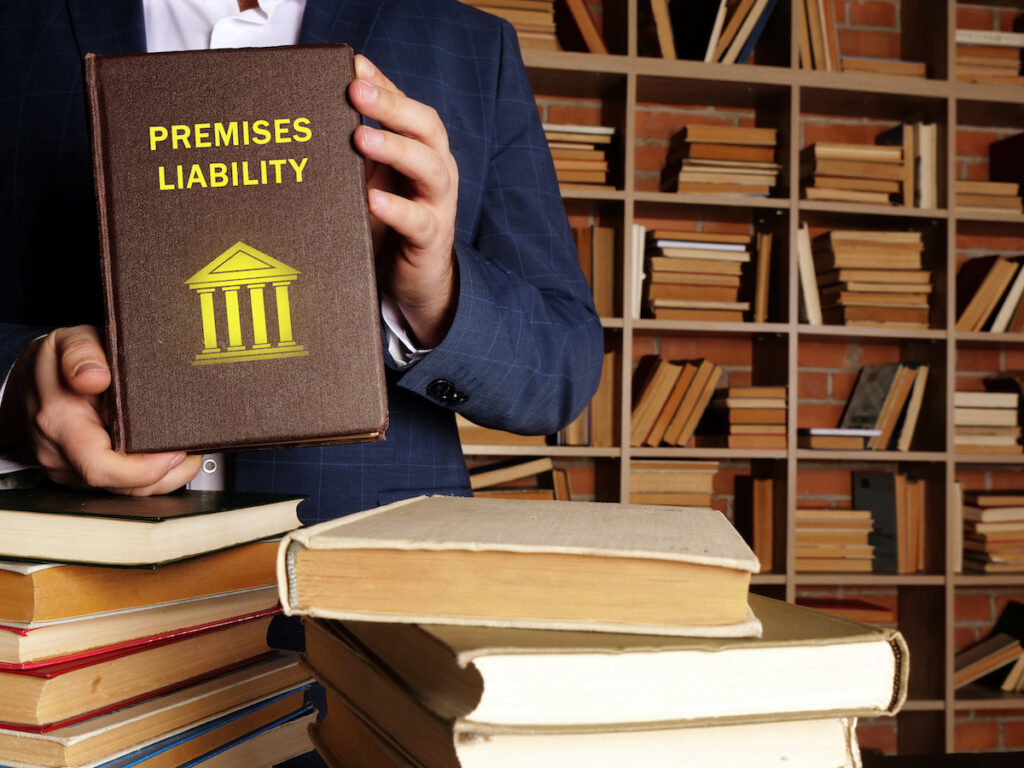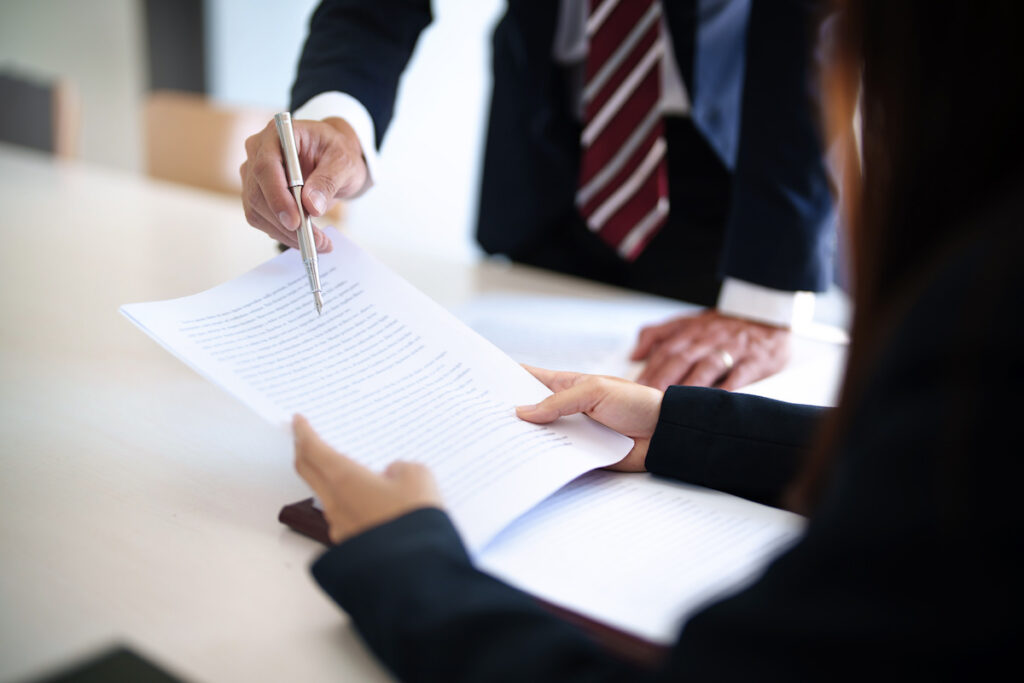Premises liability is the legal responsibility of property owners to maintain a safe environment for visitors and prevent injuries caused by hazardous conditions on their property. Property owners should be accountable for injuries that occur on their premises due to negligence or unsafe conditions.
There can be variety of premise liability incidents that need further investigation.
Leads to hidden hazards such as missing, damaged, or broken handrails and stairs.
In parking garages, stairways, and buildings to keep visitors safe in the evening; lack of lighting can result in falls or crimes such as assault and robbery.
In stores where shelves are not properly stocked and secured.
About a construction area, potential hazards, or dangerous chemicals.

Specific legal criteria must be met to have a valid premise liability case, which includes six elements:
The property owner or occupier must owe a duty of care to the injured party. This duty varies based on the visitor’s status (invitee, licensee, or trespasser).
The plaintiff must show that a hazardous condition existed on the property, such as spills, broken equipment, or inadequate security.
The plaintiff must prove that the property owner or occupier knew or should have known about the dangerous condition. This could involve showing that the hazard existed for a significant period or that the owner was informed about it.
The plaintiff must demonstrate that the property owner or occupier failed to take reasonable steps to remedy or mitigate the unsafe condition. This could involve failing to clean up a spill, repair faulty equipment, or improve security.
The plaintiff must provide evidence of the injury and the damages suffered as a result. This includes medical records, proof of lost wages, and documentation of the injury’s impact on their life.
The plaintiff must establish a direct link between the hazardous condition and the injury sustained by showing that the unsafe condition was a significant factor in causing the injury.
The statute of limitations is the length of time you have to file a lawsuit after an accident. It can vary by state, but in Hawaii, you have two years after the date of the injury to file a premises liability lawsuit. There may be some exceptions to the statute of limitations if the full extent of the injuries is discovered at a later date.
In premises liability cases, clients may be eligible to recover multiple types of damages, including:
This includes medical expenses, future medical expenses, lost wages, future reduced earnings from the injury, and applicable property damage such as clothing or personal items.
This includes compensation for the physical pain and emotional suffering, loss of enjoyment of life due to the injuries, and loss of consortium, which provides for the negative impact on the plaintiff’s personal relationships including loss of companionship and support.
If a case is particularly egregious or malicious, punitive damages may be awarded to punish the defendant and deter similar behavior. These damages are less common and require proof of intentional misconduct or gross negligence.

A lawsuit cannot reverse your injuries. However, the legal process can help you find justice and heal while ensuring you are financially sound in the future. After an initial consultation, our experienced team will provide an honest assessment of whether your case has merit. If we can help, we assess all the evidence so you can receive fair compensation for the full extent of your loss.
Find quick answers to common questions about preparing for a premises liability consultation.
In Hawaii, you have two years after the date of the accident to file a claim. There may be some exceptions to the statute of limitations if the extent of your injuries were not immediately known.
If you believe your accident in Maui was preventable, you need to file a lawsuit with a lawyer in Hawaii.
Comparative fault means the plaintiff’s conduct partially contributed to the accident and your financial compensation could be reduced. In many cases, the defendant will try to apply comparative fault to a case, but whether it applies depends on the evidence and facts of the case. Hospitality companies often try to blame a guest’s behavior for the accident. We believe in thorough investigations to ensure all the underlying causes of an accident are fully understood.
You should always prioritize your health and safety and seek medical attention first. If you can take photographs of the scene, collect contact information of witnesses, and document your injuries, that is extremely helpful. However, our legal team can also help with collecting evidence from police reports, witnesses, and more to advocate on your behalf.
Yes, in some cases there is overlap between civil and criminal cases with premises liability. If a crime occurs in public places, there will be a criminal case against the perpetrator, but there can also be civil suits against the property owner who was negligent.